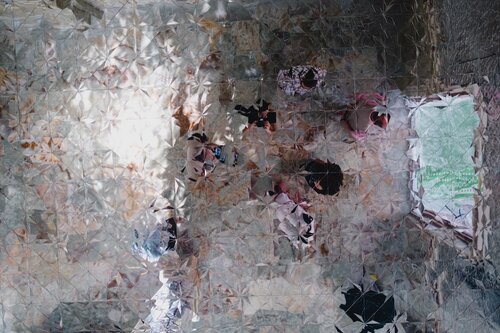The Status of Oral Traditions in the History of Philosophy: Methodological Considerations

- Symposium of the Reinhart Koselleck-Project „Histories of Philosophy in a global Perspective“, University of Hildesheim
- In cooperation with the Forschungsarbeitsgemeinschaft „Philosophie in globaler Perspektive” (Deutsche Gesellschaft für Philosophie)
- Hildesheim, 7. September bis 9. September 2023
- Organization: PD Dr. Anke Graneß
Today, there is a growing consensus among philosophers in Africa, Latin America and other regions of the world that the history of philosophy has to consider both existing written and oral sources in the reconstruction of the history of philosophy. Even though it is usually not denied that philosophy also and above all expresses itself in oral practices, such as conversation or instruction, the question remains as to how orally handed down philosophical traditions can become part of a history of philosophy. This is subject to a number of methodological questions:
- What are oral philosophical traditions? How do they differ from other kinds of oral traditions? What is the difference between philosophical traditions, concepts, etc. and other forms of orally transmitted knowledge (such as superstition, myth, religion, folk wisdom, etc.)?
- How and where are oral philosophical traditions manifested?
- How can philosophical traditions in an oral culture be documented and analysed – without altering them by using academic language and concepts to describe them?
- What are appropriate methods for dealing with oral philosophical traditions as part of the history of philosophy?
- What is the place of oral tradition in the history of philosophy?
- What criteria should be used to decide whether an oral philosophical tradition should be included in the history of philosophy? Is there a scale of measurement or a set of qualities? Who is entitled to determine such criteria?
- The authors of specific ideas or concepts go unnamed in oral traditions. Who are they? And is authorship indeed a crucial criterion for philosophy?
- How does all of this change our understanding of the nature of philosophy?
- How do the answers to these questions affect the teaching of philosophy?
The three-day’s symposium (Thursday afternoon until Saturday afternoon) will provide the opportunity to discuss the questions mentioned above and many more among specialists of oral traditions and the history of philosophy from different parts of the world in order to find guidelines to handle oral philosophical traditions as part of the historiography of philosophy.
The speakers are invited to prepare a lecture of 30-40min and to present their reflections on the issues raised above in the light of their own research projects and specializations. The workshop will provide a lot of time for discussion and exchange of experiences.
List of invited speakers (tentative)
Dismas Masolo (Kenya)
Oriare Nyarwath (Kenya)
Carl Mika (Newseeland)
Tina Engels-Schwarzpaul (Germany / Newseeland)
Gail Presbey (USA)
Bruce Janz (USA)
Brian Burkhart (USA)
Kai Kresse (Germany)
Juul van der Laan (Netherlands)
John Maraldo (USA)
Edwin Etieyibo (South Africa)
